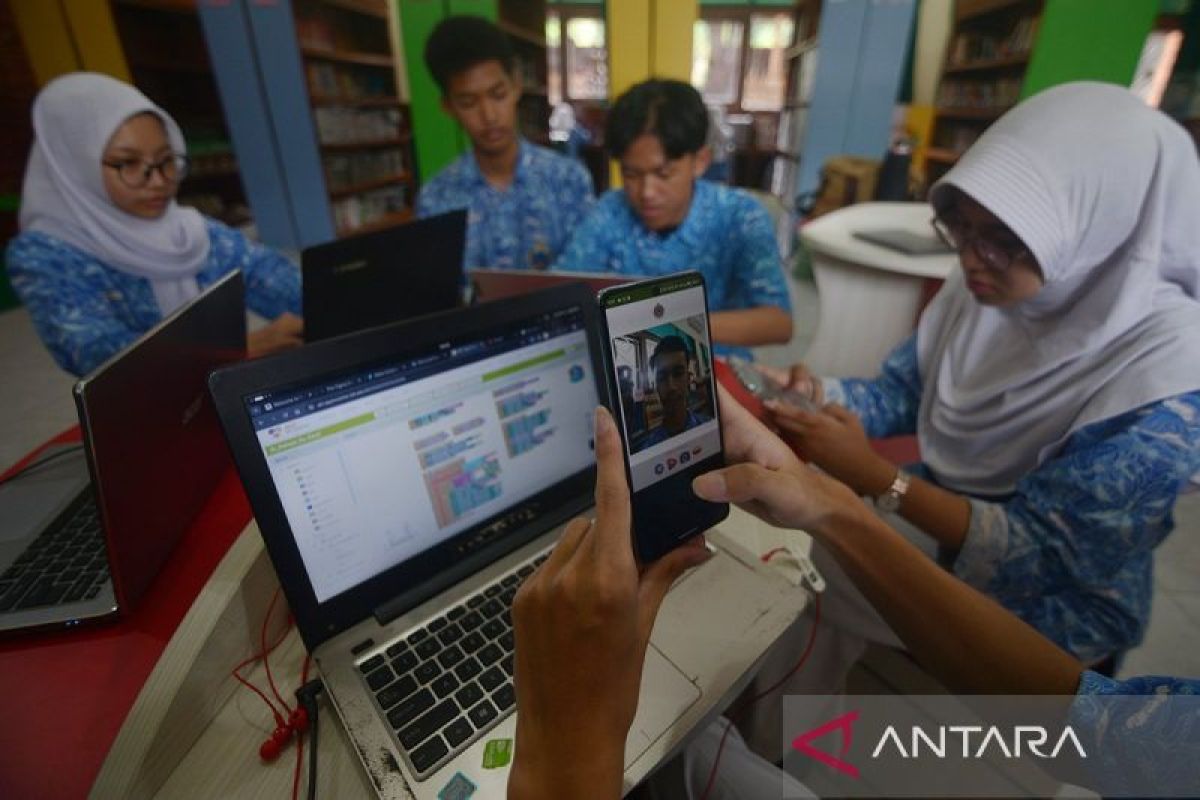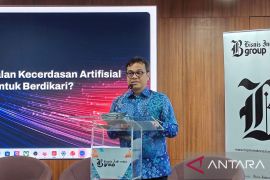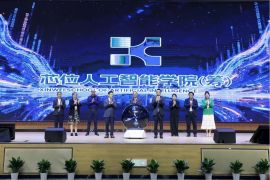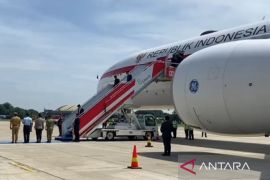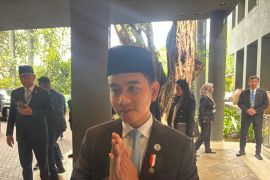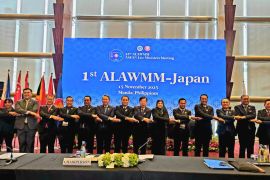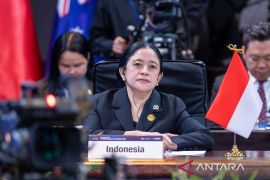The movie depicts Enigma as a cryptographic machine that created encrypted messages, contributing to the escalation of World War II and ultimately inspiring AI's development.
Deciphering Enigma codes required the expertise of accomplished mathematicians or seasoned cryptanalysts like Alan Turing.
In contrast, today’s rapid advancements in AI technology make it easily accessible—even to children—thanks to significant progress driven by tech companies over the past decade.
AI simplifies tasks such as generating text, creating visuals, and producing audio, provided it is prompted with the correct commands. As a versatile problem-solving tool, AI's impact is substantial.
From an industrial perspective, AI is often referred to as the "new oil" for its potential to enhance efficiency and revenue across sectors.
Consequently, many countries are competing to develop and leverage AI technologies to promote public welfare and introduce innovative solutions.
AI’s economic potential
The potential impact of AI on the global economy is immense. A 2017 report by PricewaterhouseCoopers (PwC) estimated that AI could contribute up to US$15.7 trillion to global revenue by 2030.
In Southeast Asia, AI is projected to boost regional GDP by 10–18 percent, equating to an estimated US$1 trillion by 2030.
A 2020 report by Kearney predicted that, if developed and utilized effectively, AI could contribute 12 percent to Indonesia’s GDP, with an estimated value of US$366 billion by 2030.
To achieve this vision, Indonesia seeks to harness AI as a catalyst for economic growth, aligning with its Golden Indonesia 2045 vision.
In 2023, a book titled Indonesia Digital Vision 2045 was launched, outlining AI’s role in advancing digital governance, the digital economy, and a digital society.
AI governance in Indonesia
Indonesia has begun implementing AI governance with the issuance of Ministerial Circular Letter No. 9 of 2023 on AI ethics.
Although this circular letter serves as a soft regulation, it provides a foundation for responsible AI development in the country. The framework emphasizes a "3P approach": Policy, Platform, and People.
The regulation stipulates that AI development must be conducted responsibly and ethically, offering solutions to everyday challenges.
This initiative has been welcomed by technology industry stakeholders, who have long advocated for clearer guidelines in AI development.
The government also plans to introduce stricter regulations with legal force (hard regulation) to ensure AI is used responsibly and to prevent disruptions to social order.
These stricter regulations are aligned with the National Strategy for Artificial Intelligence (Stranas KA) 2020–2045, which emphasizes the need to prevent potential misuse of AI technologies.
As Indonesia transitions to a new government, strategic steps are being taken to prepare AI regulations.
For example, Indonesia partnered with UNESCO to assess its AI readiness through the AI Readiness Assessment Methodology (RAM), making it the first Southeast Asian country to conduct such an evaluation.
Capacity consideration
UNESCO’s assessment, spanning one semester, is expected to conclude by the end of 2024 with recommendations for Indonesia.
UNESCO identified three key areas for Indonesia's focus to develop an effective AI landscape. First and foremost is ensuring that regulations governing AI emphasize ethical practices and responsibility.
Next, Indonesia is encouraged to establish a national agency for artificial intelligence tasked with coordinating AI-related policies, setting standards, and ensuring consistency across different sectors.
The National Agency for AI should promote collaboration between government, businesses, academicians, and civil society, as well as guide investment and regulations in AI development.
UNESCO's next recommendation for Indonesia is to focus on capacity building. Indonesia should ensure equal access to AI education, resources, and infrastructure, especially for researchers and startups located outside the capital, in order to promote equity.
UNESCO's last recommendation is capacity considerations that align with research findings, highlighting the need to bridge the digital skills gap so that all citizens can benefit from advancements in AI technology.
With effective management and regulations, Indonesia can realize its goals in the AI sector, such as driving economic growth toward prosperity and realizing the Golden Indonesia 2045 vision.
Related news: Indonesia sets standards for AI use in journalistic works
Related news: Ministry plans to seek input from public on AI regulation
Translator: Livia K, Kenzu
Editor: Anton Santoso
Copyright © ANTARA 2025
